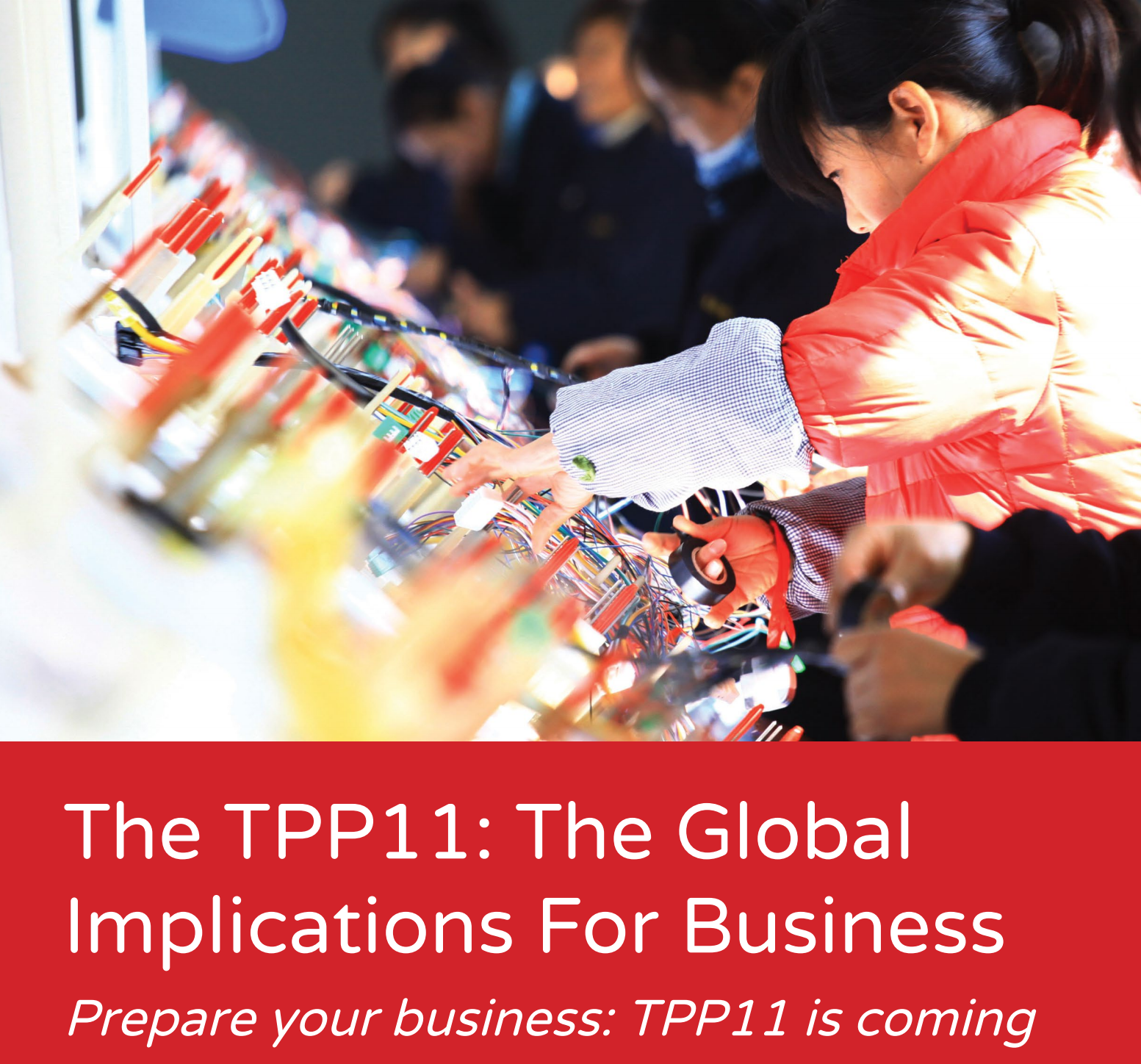There is another type of challenge that firms face in bringing important products to market—a variety of government policies that can limit supplies. This includes tariffs on a wide range of products that are important in combating the spread of the virus. Again, the primary focus has been on face masks and ventilators, but personal protective equipment (PPE) is not the only category of goods that hospitals, health providers, and patients require. Take the simple example of soap. Citizens are being urged to significantly ramp up handwashing to slow or stop the spread of the coronavirus. This practice obviously requires soap. Yet governments have surprisingly high tariffs rates in place for soap. These rates can slow or stop the flow of soap into the market. Vietnam, for instance, has a 27% MFN tariff in place for soap. Nigeria charges 30%, South Africa is 20%, Brazil is at 18%, and Indonesia and India both at 10%.
The CPTPP Enters Into Force on December 30, 2018
After a long and arduous path, the Comprehensive and Progressive Trans-Pacific Partnership (CPTPP) trade agreement is ready to enter into force on December 30, 2018! Six member states have completed ratification procedures to allow the entire agreement to begin before the end of this year: Australia, Canada, Japan, Mexico, New Zealand and Singapore. This means that for these six members, every provision in the CPTPP will enter into force on December 30. Every tariff line will be reduced or eliminated, every service and investment sector that was pledged will be opened for CPTPP companies, all new rules on intellectual property rights start, all new customs procedures begin, new provisions for competition and state-owned enterprises kick in, labor and environment rules come into force, and so forth.


